Nord Stream pipeline to be suspended if Russia escalates in Ukraine, warns Germany
Berlin has warned Moscow that any new “escalation” of tensions in Ukraine can directly impact the much-anticipated Nord Stream 2 gas pipeline project.
Germany's newly-appointed Foreign Minister Annalena Baerbock said that the ambitious project will not be allowed to operate in the event of any new "escalation" in Ukraine.
"It was agreed between the Americans and the former German government (of Angela Merkel) that in the event of further escalation this gas pipeline could not come into service", Baerbock told German television station ZDF on the sidelines of the G-7 meeting hosted by British Foreign Secretary Liz Truss in Liverpool.
G-7 countries -- Britain, France, Germany, Italy, Japan, Canada and the United States -- seek to build a joint front against what they perceive as "Russia’s growing threat in Ukraine".
A senior US State Department official was quoted as saying that the Group of Seven and its allies will adopt a tough stance against Russia if diplomatic efforts to resolve the Ukraine crisis failed.
Earlier, German Chancellor Olaf Scholz during a visit to Poland said it would be a “serious mistake” to believe that violating the borders of a European country would “remain without consequences."
"We will also help Ukraine be a country that will be a major source of renewable energy and the necessary production that results from that,” Scholaz said. “We are in concrete talks around how we can help achieve that.”
Nord Stream 2 gas pipeline is a vast network of offshore natural gas pipelines in Europe, running under the Baltic Sea from Russia to Germany.
Work on the pipeline was suspended in December 2019 after a Swiss company abandoned pipe-laying operations under the pressure of US sanctions. In December 2020, the construction of the gas pipeline was resumed after a year's pause.
The project has been a focal point of tensions between Moscow and Washington, with latter fearing that the pipeline will increase Europe's reliance on Russian energy.
Russia says the project could provide relief to the European gas market, which has been grappling with tight supplies and soaring prices, while criticizing the US-led efforts to impede the completion of the pipeline.
Last month, Kremlin spokesperson Dmitry Peskov pointed out that Washington must stop putting diplomatic pressure on European countries to undermine the economic project.
“It is very important, of course, that the United States of America does not put pressure on anyone in connection with the ongoing implementation and certification of this project,” he said.
The US government has slapped a slew of sanctions on firms involved in the project, mostly recently last month, under the Protecting Europe’s Energy Security Act of 2019 (PEESA).
US President Joe Biden’s administration has so far identified 9 individuals and 18 entities to be subject to sanctions for their involvement in the $11-billion project, which is designed to double the capacity of the existing Nord Stream pipeline to 110 billion cubic meters per year.
Biden administration in July reached a deal with Germany, which includes support for Ukraine and the threat of sanctions if Russia is deemed to "weaponize" fuel deliveries.
On Sunday, US Secretary of State Antony Blinken again warned that gas is unlikely to flow through the Nord Stream 2 pipeline if Russia "renews its aggression" against Ukraine.
"That pipeline ... doesn't have any gas flowing through it right now. And, in fact, it's a source of leverage on Russia because to the extent (Russian) President (Vladimir) Putin wants to see gas flowing through that pipeline - if and when it becomes operational - it's very unlikely or hard to see that happening if Russia has renewed its aggression on Ukraine, if it takes renewed action," Blinken told NBC's "Meet the Press" program.
Meanwhile, Polish Prime Minister, Mateusz Morawiecki, has also urged Germany to suspend the pipeline project, fearing that Moscow can use this project to later ‘blackmail’ Europe.
"It would be better not to allow the opening of Nord Stream 2," Morawiecki said. "I drew the chancellor's attention to the risks linked to the opening of the Nord Stream 2 gas pipeline and sadly the extent to which... these risks for Ukraine could get considerably worse."

German police arrest pro-Palestine students at Humboldt University

Kremlin warns Germany sending Taurus missiles to Ukraine risks 'escalation'
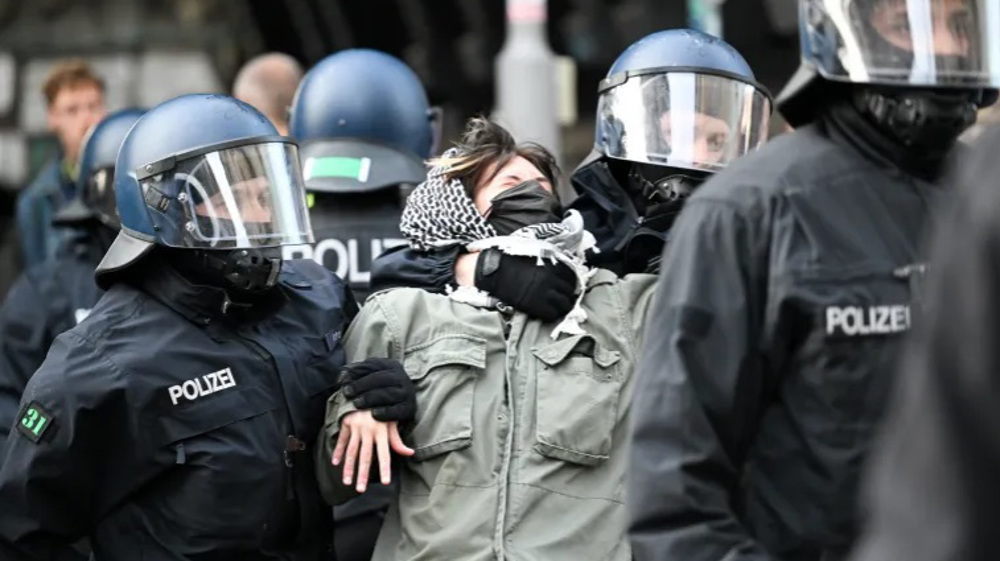
Leaked emails show German officials pressing staff into deporting pro-Palestine activists
Tahrir Hospital director: Gaza children at most severe stage of malnutrition
VIDEO | An insider's view of Iran: Marvast in Yazd
VIDEO | An insider's view of the country: Termeh
Yemeni forces strike key Israeli targets with ballistic missile, kamikaze drone
Iran unveils legal strategies for SCO states to counter challenges
Gaza’s slow death: How aid blockade has pushed Palestinians to the brink
US plan requires Ukraine to give 20% of territory to Russia: Report
Iran: New sanctions show US 'lack of goodwill' in talks with Tehran



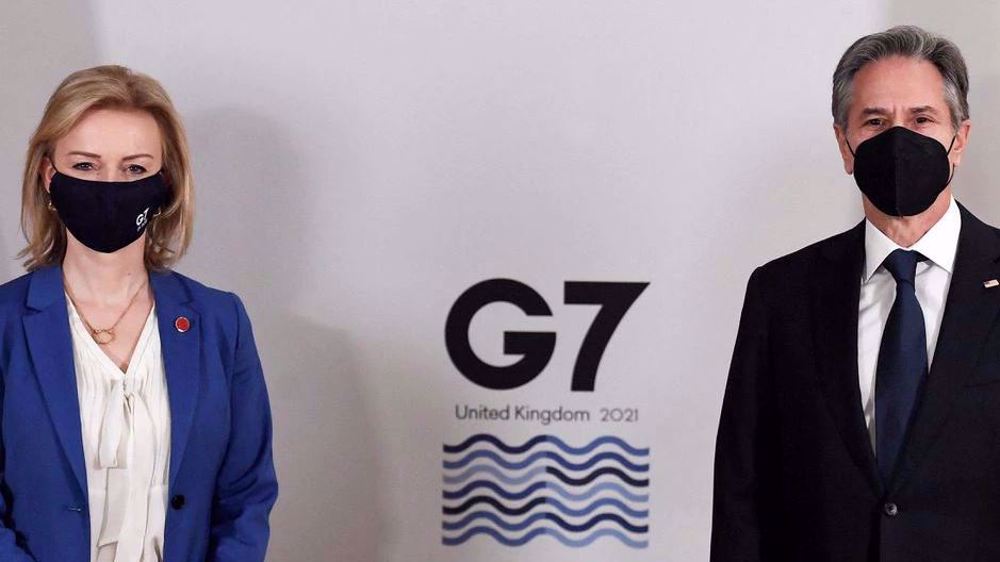
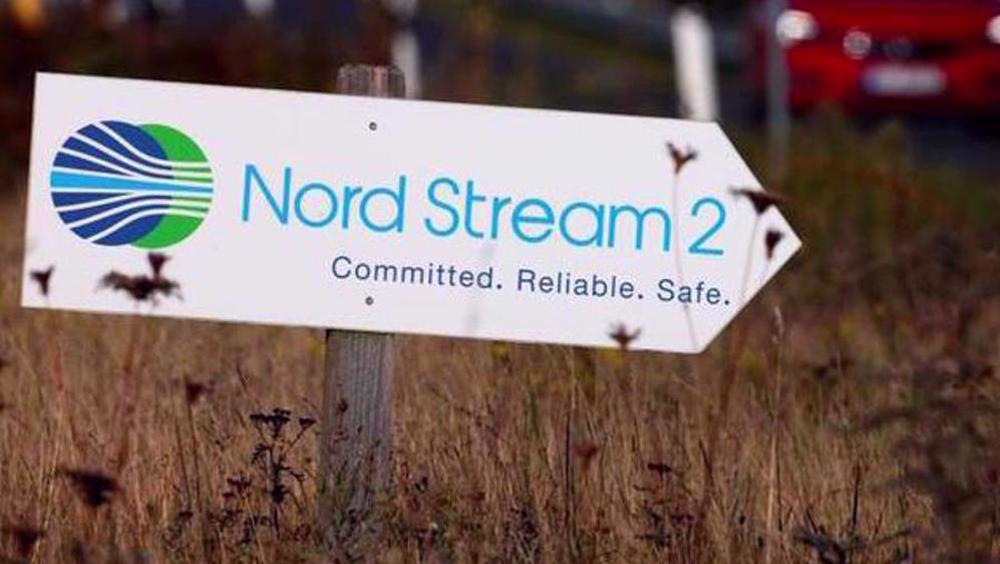



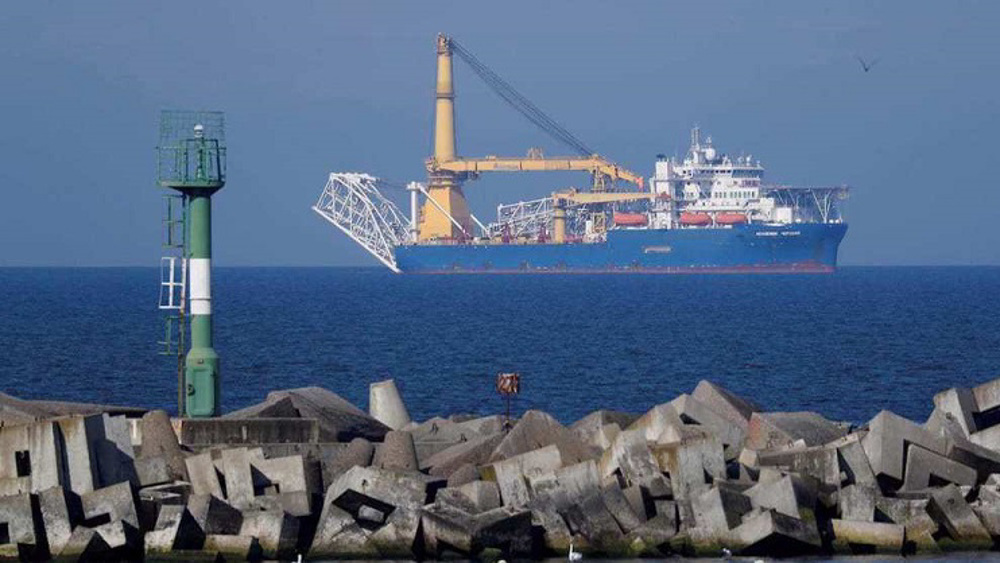
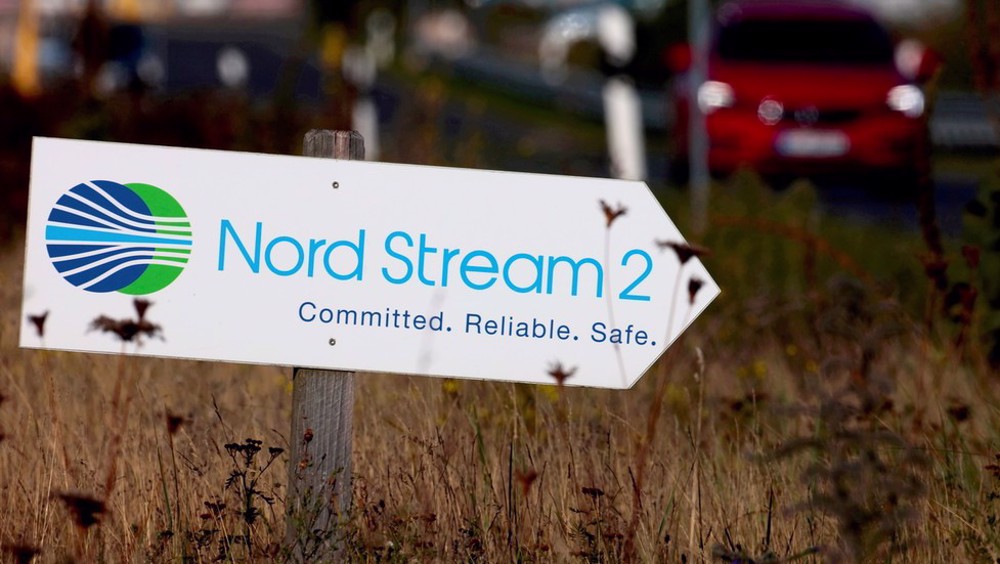
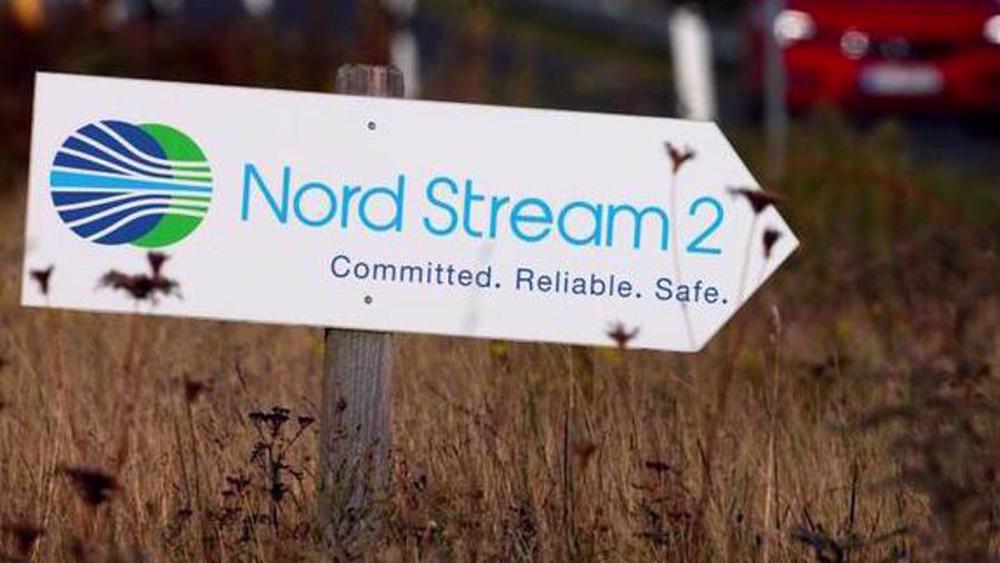
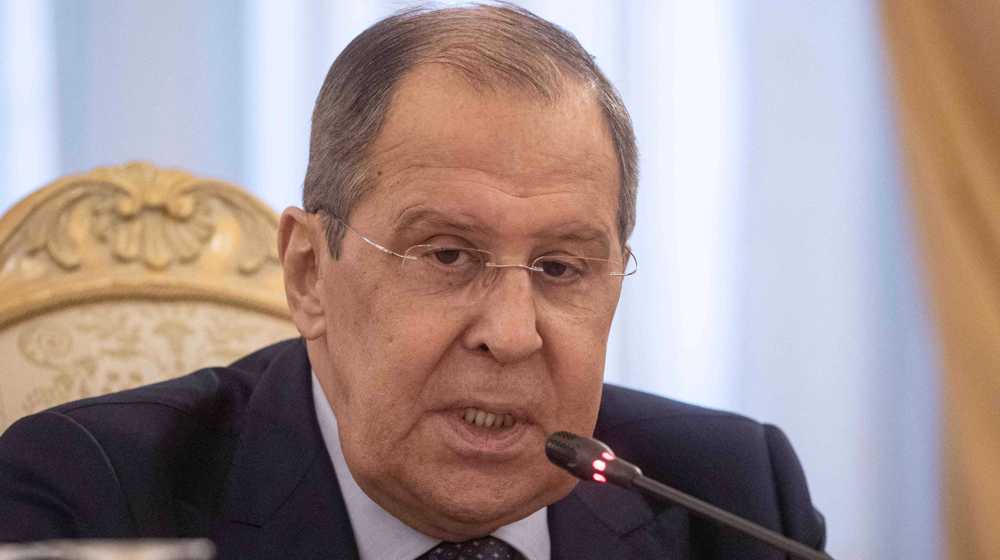
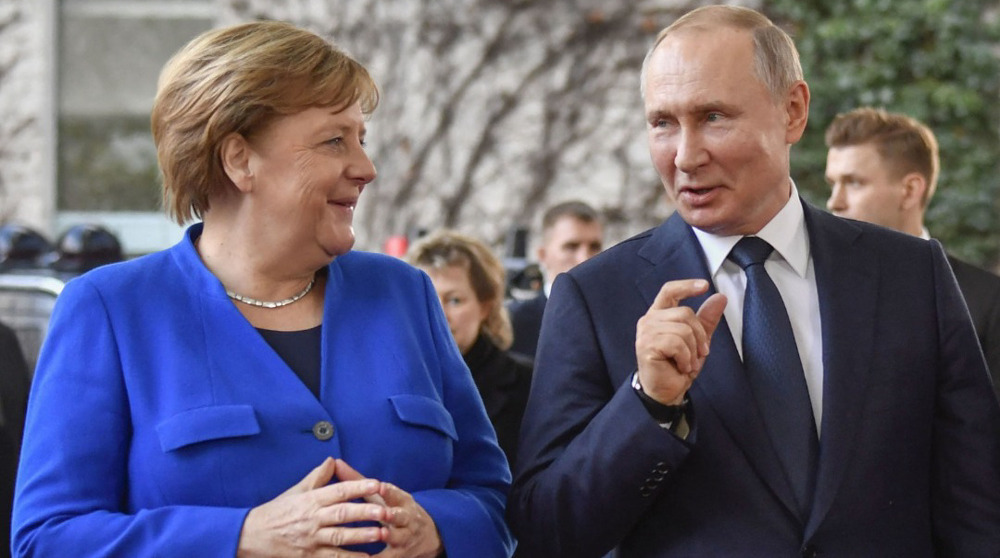

 This makes it easy to access the Press TV website
This makes it easy to access the Press TV website